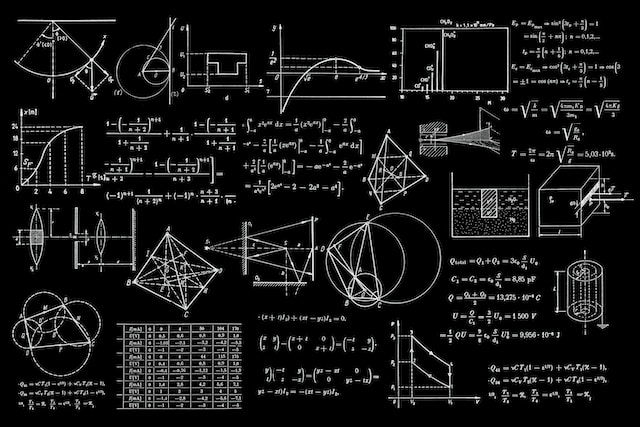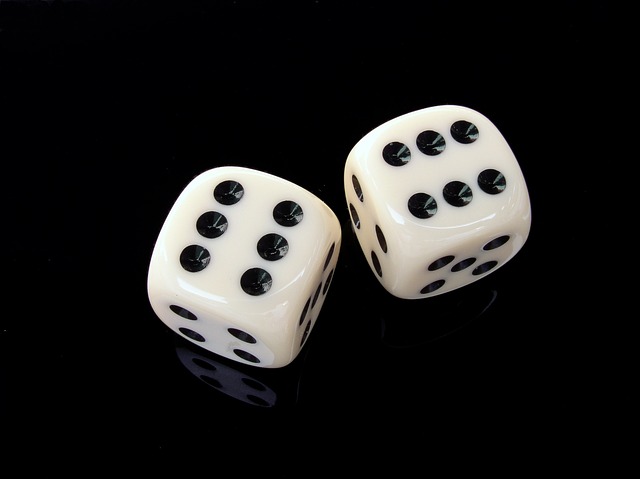Derive the Mean or Expected Value of Random Variable that has Poisson Distribution
or Prove that for Poisson Distribution, \( μ = E(X) = λ \)
We have \( P(X=k) = λ^{k} . \dfrac{e^{-λ}}{k!} \) for k = 0,1,2,…
We now derive the Expected Value(μ) of Poisson Distribution i.e. \(E(X)\)
By definition, we have \( E(X) = \displaystyle \sum_{k=0}^∞ k \cdot P(X) \)
or \( E(X) = \displaystyle \sum_{k=0}^∞ k \cdot {λ^k} \cdot \dfrac{e^{-λ}}{k!} \)
or \( E(X) = e^{-λ} \cdot\displaystyle \sum_{k=0}^∞ k \cdot \dfrac{{λ^k}}{k!} \)
or \( E(X) = e^{-λ} \cdot\displaystyle \sum_{k=1}^∞ k \cdot \dfrac{{λ^k}}{k!} \)
Changing the lower index of summation to 1 as k=0 leads to nothing
or \( E(X) = e^{-λ} \cdot\displaystyle \sum_{k=1}^∞ \dfrac{{λ^k}}{(k-1)!} \)
or \( E(X) = λ \cdot e^{-λ} \cdot\displaystyle \sum_{k=1}^∞ \dfrac{{λ^{(k-1)}}}{{(k-1)}!} \)
Taking λ out -----(1)
Now, for the expression \( \displaystyle \sum_{k=1}^∞ \dfrac{{λ^{(k-1)}}}{{(k-1)}!} \),
let k-1=r.
The expression now becomes \( \displaystyle \sum_{r=0}^∞ \dfrac{{λ^{(r)}}}{{(r)}!} \) which is nothing but \(e^{λ} \) only.
Hence from equation (1),
\( E(X) = λ \cdot e^{-λ} \cdot\displaystyle \sum_{k=1}^∞ \dfrac{{λ^{(k-1)}}}{{(k-1)}!} \)= \( λ \cdot e^{-λ} \cdot e^{λ} \)
or \( E(X) = λ \)








1 Comment